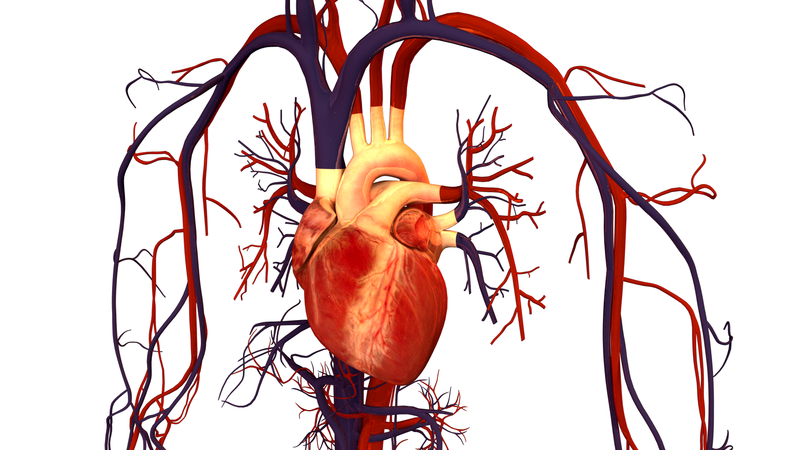Views expressed in opinion columns are the author’s own.
ESPN writer Royce Young and his wife Keri found out this week their unborn child doesn’t have a brain. Anencephaly, as it’s known, affects about one out of every 10,000 babies born, and is invariably lethal. Without a doubt, the Youngs just received some of the worst news possible.
In the wake of that information, though, the Youngs made an extraordinary choice. They decided to carry the baby to term with the intent of donating her organs. An estimated 40-70 percent of children under two years old on transplant waiting lists die before a match is found — and demand for infant organs far outstrips supply. The Youngs have made a decision that takes incredible selflessness and mental fortitude, and it’s likely their choice will save multiple lives.
At about the same time the Youngs’ world was rocked, an unexpected guest stole the show down in New Orleans at NBA All-Star Weekend. Jarrius Robertson, a 14-year-old battling a chronic liver disease, popped into the spotlight to roast NBA players during interviews, sink a shot during the Celebrity All-Star Game and generally make everyone’s day. When he was a year old, he was the recipient of a donated liver — and is on the waiting list for another. During All-Star Weekend, he wore a shirt proclaiming “it takes lives to save lives.” He’s right — organ donation is one of the most fundamentally selfless choices one can make.
The United States, in contrast to many other developed countries, has an opt-in system for organ donation. This legislative approach assumes individuals would prefer not to donate organs, and obligates people who would to give explicit consent during their lifetimes. Other countries — Spain, Austria, Poland and Sweden, to name a few — are opt-out (people have to explicitly state that they choose not to donate). Coincidentally, more than 85 percent of their populations are registered organ donors. The U.S. sits at about 28 percent.
Does this imply the citizens of those other countries are significantly more altruistic than U.S. citizens? Not necessarily. Rather, it’s the burden of opt-in that seems to dissuade Americans from registering. And every day, 22 Americans die while waiting for a transplant.
While writing this column, I actually registered on the bone marrow donor registry. They’re sending a test kit to my house so they can look for matches. The process took 10 minutes, costs nothing and makes you feel like a stellar human being (BeTheMatch.org, if you’re interested). I’m not suggesting everyone go out and donate a kidney. I am suggesting that pushing our legislators to adopt an opt-out system would go a long way toward alleviating the current organ crisis. Cases like Robertson’s help put a face to the need, and cases like the Youngs show us a selflessness that we should all aspire to.
Jack Siglin is a senior physiology and neurobiology major. He can be reached at jsiglindbk@gmail.com.



